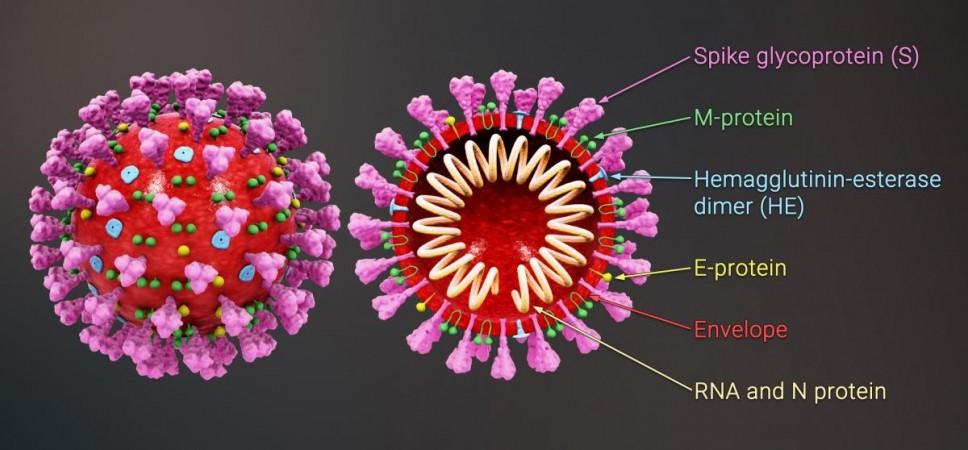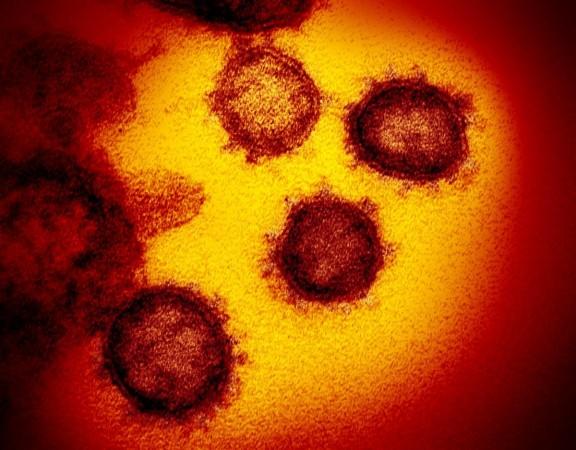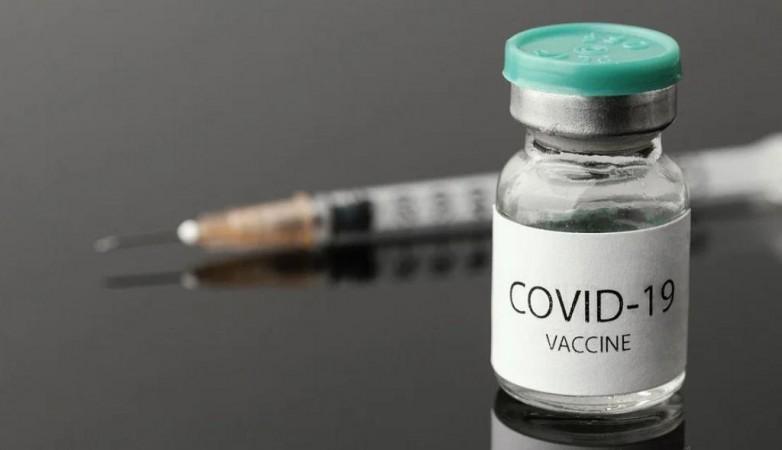With the focus of vaccination development in 2020-21 directed almost completely towards the SARS-CoV-2, the advancement of vaccines against other deadly and pre-existing coronaviruses has taken a back seat. Now, researchers have developed a vaccine that has been found to successfully block not just the COVID-19-causing virus and its variants but also other relatives such as the SARS-CoV-1.
Scientists from Duke Human Vaccine Institute have demonstrated the effectiveness of a new vaccine—a pan-coronavirus vaccine—that triggers neutralizing antibodies against several coronaviruses through the use of a nanoparticle. The vaccine, which was tested in primates and mice, was found to protect the animals against a wide range of closely related coronaviruses including those found in bats, thereby offering a potential tool in the event of another pandemic in the future.
"This approach not only provided protection against SARS-CoV-2, but the antibodies induced by the vaccine also neutralized variants of concern that originated in the United Kingdom, South Africa, and Brazil. And the induced antibodies reacted with quite a large panel of coronaviruses," said Dr. Barton F. Haynes, senior author of the study.
Closely-related Deadly Coronavirues

The SARS-CoV-2 belongs to a group of related viruses known as positive-strand RNA virus(+ssRNA viruses). Other deadly coronaviruses such as the MERS-CoV(Middle East respiratory syndrome coronavirus) and SARS-CoV-1(Severe acute respiratory syndrome coronavirus)—both of which cause acute respiratory illness—are part of the same group.
Both viruses share close genetic similarities with SAR-CoV-2 and have very similar infection mechanisms. All three viruses utilize their S proteins or 'spikes', protein structures that cover their surface, to invade human cells.
In SAR-CoV-2 and SARS-CoV-1, the spikes target the ACE2 (Angiotensin-converting enzyme 2), an enzyme that is found on some human cells in organs such as the lungs, intestines, and heart, and bind with them. MERS-CoV, however, binds with a human receptor known as DPP4 (Dipeptidyl peptidase-4) found on a variety of cells.

According to the scientists, all three viruses have a weak spot situated on their spikes—their RBD (receptor-binding domain). RBD is the part on the spike that helps it latch on to receptors found on the human cells. Though the binding site facilitates the entry to cells and causes infections, it can also serve as an important target for antibodies. It was this 'Achilles heel' the authors sought to exploit.
A Magic Nanoparticle
The current study builds on earlier research conducted on SARS (Severe acute respiratory syndrome), the disease caused by SARS-CoV-1. They found an individual who had been afflicted with SARS and had developed antibodies that could neutralize multiple coronaviruses. This provided the inspiration for a pan-coronavirus vaccine.
A specific RBD site present on the SARS-CoV-2 was identified by the scientists. This site is also present in the prevalent variants of the virus ((B.1.1.7, P.1, and B.1.351) and other SARS-related bat viruses which leaves them exposed to cross-neutralizing antibodies.

Last spring, the authors engineered a nanoparticle that exposed this weak site. It was integrated with an adjuvant—a chemical booster that amplifies the immune system's response to an antigen or a foreign body. The adjuvant used here is called 3M-052, which was developed by the Infectious Disease Research Institute (IDRI) and 3M.

When the nanoparticle vaccine was tested on monkeys, it was found to block the COVID-19 infection by 100 percent. Importantly, the vaccine was also induced neutralizing levels in the subject animals at levels higher than any current natural infection in humans or vaccine platforms.
"Basically what we've done is take multiple copies of a small part of the coronavirus to make the body's immune system respond to it in a heightened way... it also targets this cross-reactive site of vulnerability on the spike protein more frequently," explained Dr. Kevin Saunders, lead author of the study.
The vaccine showed high effectiveness against SARS-CoV-1, SARS-CoV-2 and its variants, and batCoVs (bat coronaviruses). Therefore, the team stated that such a pan-coronavirus can help humanity fight off potential coronavirus-caused pandemics in the future.














